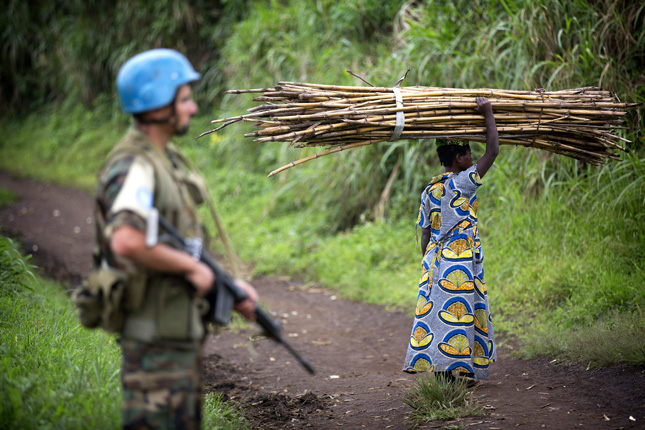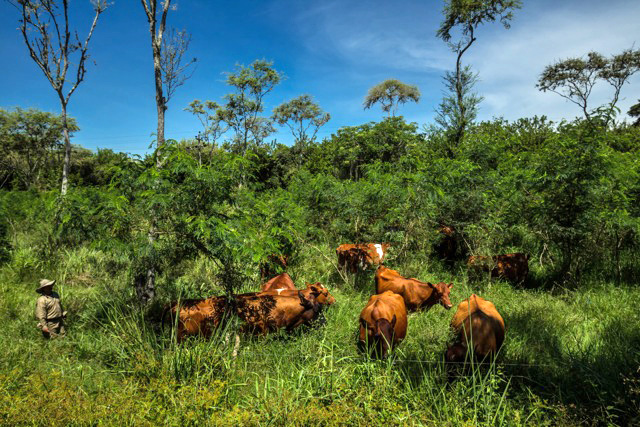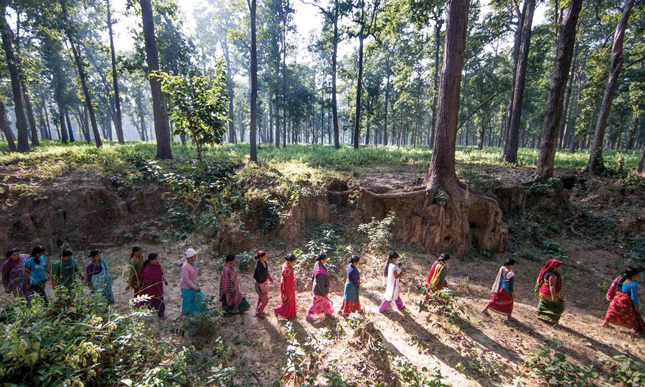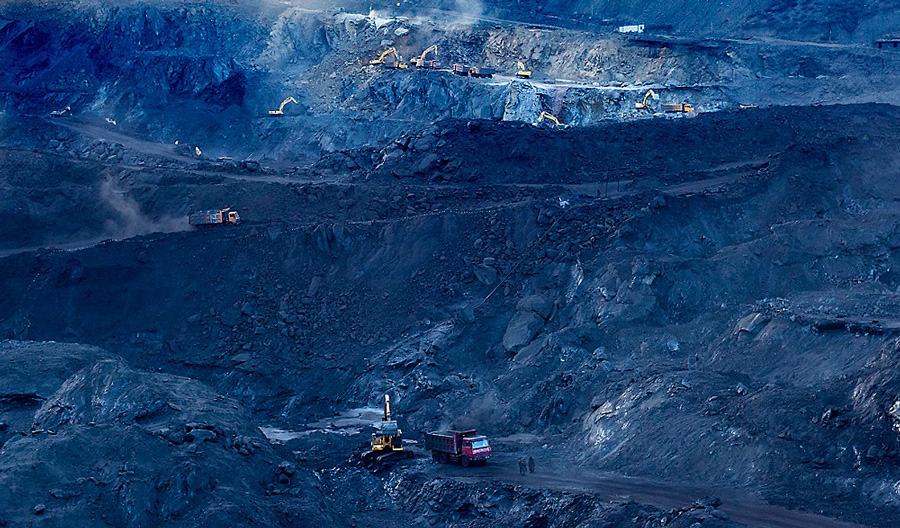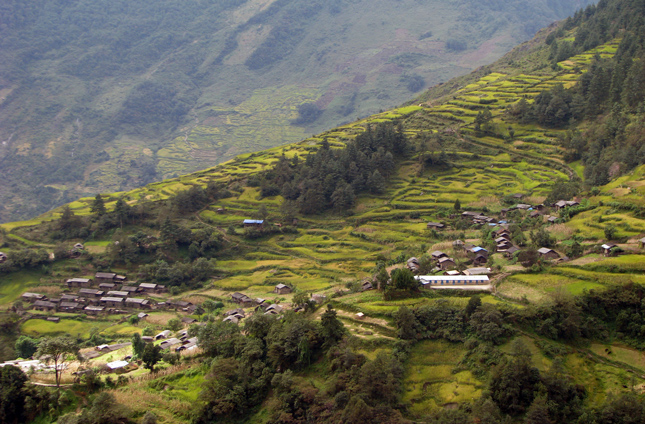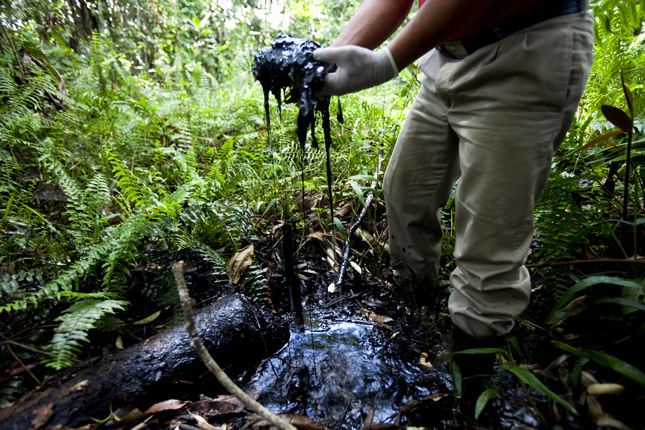-
Living Through Extremes: Livelihood Systems Key to Effective, Empowering Resilience Measures
›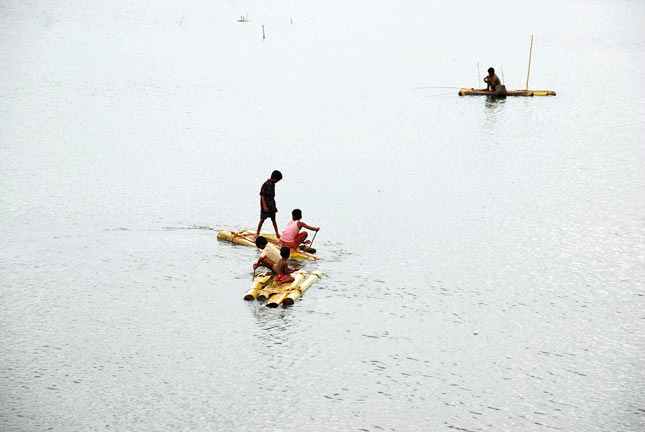
As climate change upends established patterns of life, resilience – the ability of social and ecological systems to mitigate, endure, and adapt to short-term shocks and long-term stressors – has become a buzzword in development and humanitarian circles. [Video Below]
-
UN Report Highlights Women’s Roles in Natural Resource Management During and After Conflict
›
It’s been 14 years since the UN Security Council adopted Resolution 1325 acknowledging women as important agents of change in recovery from conflict and peacebuilding generally. But between 1992 and 2011, only four percent of signatories in 31 major peace processes around the world were women, and only 12 out of 585 peace agreements referred to or made provisions for women’s needs in the reconstruction process.
-
Lisa Palmer, Future Food 2050
Greener Pastures for Cattle Ranching
›November 26, 2014 // By Wilson Center Staff
Imagine an overgrown perennial garden. Impenetrable, shrubby bushes knit themselves together in long rows. Grasses reach chest high. Native hardwood trees hog the perimeter.
-
Jill Schwartz, World Wildlife Fund
In Nepal, Community Health Workers Take on Conservation Too
›November 12, 2014 // By Wilson Center Staff
At high noon, Devi KC is still deep in the daily chores she started at sunrise: brewing tea and cooking a meal of rice, lentils and spinach for her husband and teenage son; pumping and hauling water from the nearby well; harvesting hay from her field; and sweeping road dirt from her front porch.
-
Earth Pushes Back: Era of Indifference Greets Droughts, Floods, Storms, Tsunamis
› -
The Making of a Tragedy: Inequality, Mistrust, Environmental Change Drive Ebola Epidemic
›October 9, 2014 // By Laurie Mazur
In August, armed men stormed an Ebola clinic in Monrovia, Liberia, releasing infected patients and stealing contaminated bedding. The following month, eight health workers were attacked and killed in a Guinean village as they tried to educate residents about the deadly disease; their bodies were found in a village latrine. Days later, Red Cross workers in western Guinea were assaulted as they tried to collect and bury Ebola victims.
-
High Poverty: Medicinal Plants Offer Way Forward for Nepal’s Mountain Communities
›
In a tiny village called Chepuwa in the Sankhuwasabha district of Nepal, high in the Himalayas and almost four days’ trek from the nearest road, Mikmar Bhote has been growing and selling medicinal and aromatic plants for five years.
-
Book Review: ‘Oil Sparks in the Amazon: Local Conflicts, Indigenous Populations, and Natural Resources’
›August 18, 2014 // By Roger-Mark De Souza
Since the early 1990s, the rising price of crude oil and other key natural resources – and the resulting drive by governments and private companies to extract those resources – has led to sharp conflicts in Latin America. At the core of these disputes is the clash between national economic interest and the rights of indigenous people inhabiting the land where most natural resources are located.
Showing posts from category forests.


